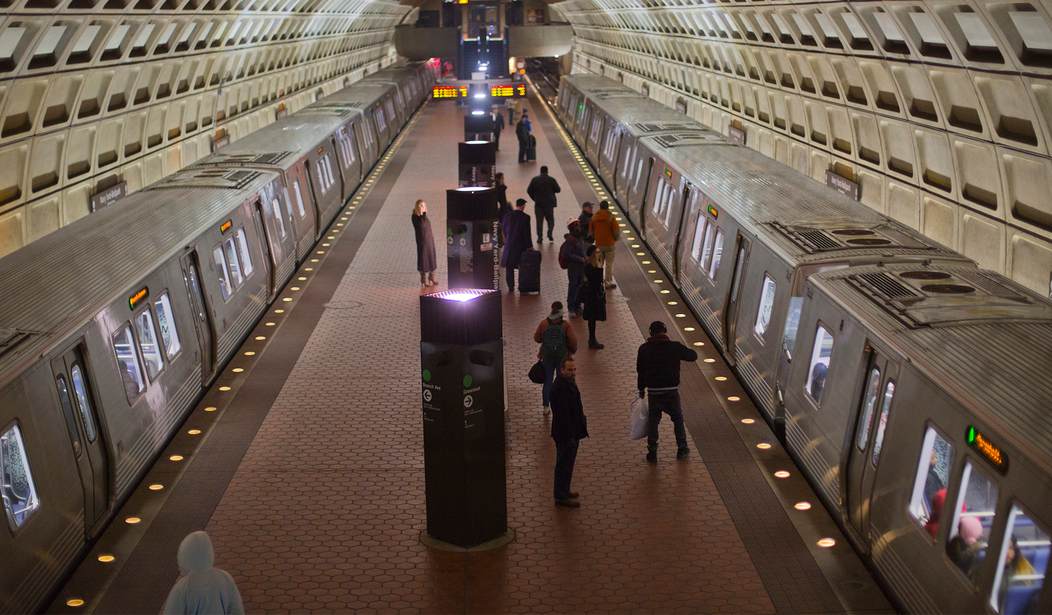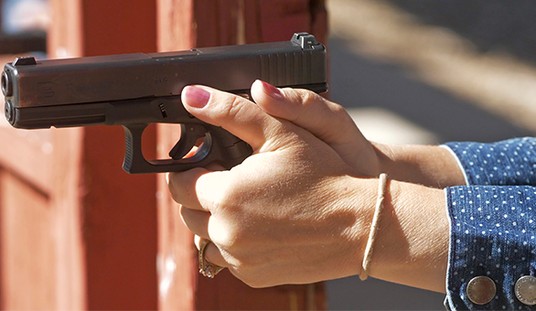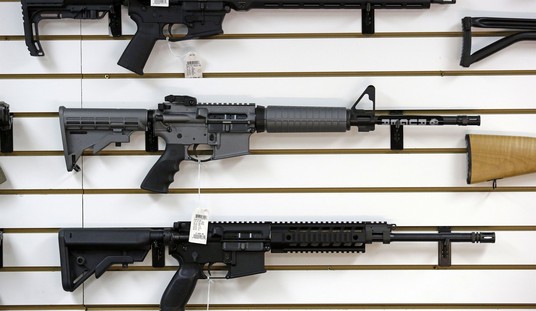In 2022 a challenge was brought in the District of Columbia to their prohibition on carrying on the Metro. That case was filed in the district court of D.C. and according to a newly filed brief, it was dismissed due to a lack of standing. The August 9, 2024 order dismissed Angelo v. District of Columbia without prejudice. On February 7, 2025, attorneys for the plaintiffs filed an appeal in the District of Columbia Circuit Court.
The 61-page brief is not full of exciting Second Amendment statements or Earth shattering information. It’s a defense against the dismissal of the case at the lower level. Everything about this initial filing on Angelo at this level is about getting the doors opened back up. The district court’s dismissal of Angelo leaned on flawed procedural concepts.
The statement of the issues lays out the maneuvering that the lower court utilized to toss Angelo et.al. out of the system:
In Navegar, Inc. v. United States, 103 F.3d 994 (D.C. Cir. 1997), the Court found that the plaintiffs lacked standing to bring an uncertainty-laden, void-for vagueness pre-enforcement challenge, while in Seegars v. Ashcroft, 396 F.3d 1248 (D.C. Cir. 2005), the Court found that the plaintiffs lacked standing to bring a challenge to a firearms ban unless they first tried to register a firearm, a step that would not expose them to criminal liability. Here, the district court relied on Navegar and Seegars when it dismissed Plaintiffs’ challenge, even though (1) there is no question what the challenged law requires, (2) there is no question that the District will prosecute them if they are caught breaking the challenged law, and (3) there is no question that, by the district court’s lights, the sole way in which Plaintiffs may have standing to challenge the law requires them to risk arrest and prosecution. Did the district court err by relying on Navegar and Seegars?
The D.C. Metro ban is a law that would undoubtedly be enforced against anyone accused of breaking it. The court so flippantly stating that there’s a lack of standing because there’s no immediate injury is just patently absurd. They are held by precedent though.
The brief further stated that, “Since the Court decided Navegar and Seegars, the Supreme Court has held that ‘where threatened action by government is concerned, we do not require a plaintiff to expose himself to liability before bringing suit to challenge the basis for the threat—for example, the constitutionality of a law threatened to be enforced.’”
Challenging a law that injures the parties via Constitutional limitations generally need not fall under these same levels of scrutiny – regardless of the cited cases themselves being flaw laden.
Some of these precepts were discussed in the brief and how the lower court was bound by precedent:
The district court, however, recognized that the rule it found itself bound to apply seemed far out of step with pre-enforcement standing jurisprudence from the Supreme Court and every other circuit. It also acknowledged that the rule perversely slams shut the federal-courthouse doors to law-abiding gunowners, like Plaintiffs, who see the District’s law as an affront to their fundamental Second Amendment rights but can do nothing about the law until they opt to break it.
The due process concerns and lack of a proper vehicle for relief was also pointed out:
If the Court’s precedent actually requires Plaintiffs to traverse these steps to bring a Second Amendment pre-enforcement challenge to a District of Columbia law, then there is no longer any such thing as a Second Amendment pre-enforcement challenge to a District of Columbia law in this Circuit. Because that cannot be the law, the district court’s Rule 12(b)(1) dismissal must be reversed.
The filing in Angelo et.al. might not be a flashy shiny object, however, it’s an important one. The case has the potential to reverse the bad law in the cited cases. Further, with this case knocking at the door of D.C.’s circuit court, this should be alarming to anti-freedom forces across the country. Should the legal team of George L. Lyon, Jr., Edward M. Wenger, and Caleb Acker be victorious in getting the case reopened at this level, we should be prepared to see mootness movements within D.C.’s political machine. We’ll be watching this case and will report back with any updates.








Join the conversation as a VIP Member